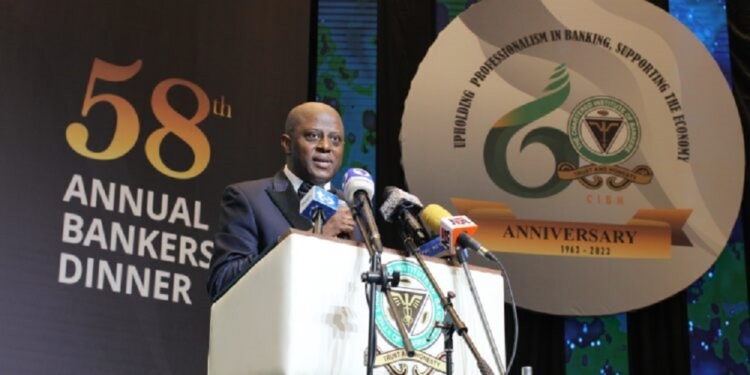Experts have called on the Central Bank of Nigeria (CBN) to halt its consistent interest rate hikes, citing the adverse effects on small businesses and household finances. The call follows the apex bank’s decision to increase the Monetary Policy Rate (MPR) by 25 basis points, raising it from 27.25% to 27.50%.
The decision, announced by CBN Governor Yemi Cardoso after the Monetary Policy Committee (MPC) meeting in Abuja, was aimed at tackling rising inflation. The MPC unanimously agreed to the hike, emphasizing its necessity to curb inflationary pressures.
Governor Cardoso also highlighted concerns over inflation driven by surging food and energy costs, stating that price stability remains a top priority. “The full deregulation of the downstream petroleum sector is expected to stabilize price levels in the medium term,” he added.
Financial analysts expressed mixed reactions to the move. Professor Uche Uwaleke, Nigeria’s first Professor of Capital Market, suggested the marginal increase could indicate a pause in aggressive rate hikes by early next year. “A halt is necessary to alleviate the rising cost of funds and improve credit access for small businesses,” Uwaleke explained.
On the other hand, Olatunde Amolegbe, Managing Director of Arthur Steven Asset Management, acknowledged the hike as expected but warned it could further strain businesses and households. “Higher financing costs will be passed to consumers, escalating prices of goods and services,” he noted.
David Adonri, Managing Director of Highcap Securities Limited, underscored the importance of monetary policy in managing inflation but stressed its limitations without complementary fiscal measures. He attributed rising inflation to expansionary fiscal policies, insecurity, and currency depreciation.
Despite the CBN’s measures, inflation remains stubbornly high, exacerbating economic instability. Analysts linked poor Q3 2024 GDP performance in agriculture and manufacturing to rising interest and exchange rates.
Adonri emphasized that unchecked inflation would harm both consumers and producers, urging fiscal and monetary authorities to collaborate on structural reforms. “Interest rate hikes offer short-term benefits, such as exchange rate stability, but addressing structural issues is vital for long-term growth,” he said.
Cardoso expressed satisfaction with the banking sector’s stability amid external and internal challenges. He noted that key financial indicators, including the Capital Adequacy Ratio (CAR) and Non-Performing Loan (NPL) ratio, remained robust.
Experts and the CBN alike stressed the need for coordination between monetary and fiscal policies to address the structural causes of inflation and stabilize the economy. Governor Cardoso reaffirmed the importance of collaboration, especially in managing exchange rate pressures and inflation fueled by high demand and energy costs.

